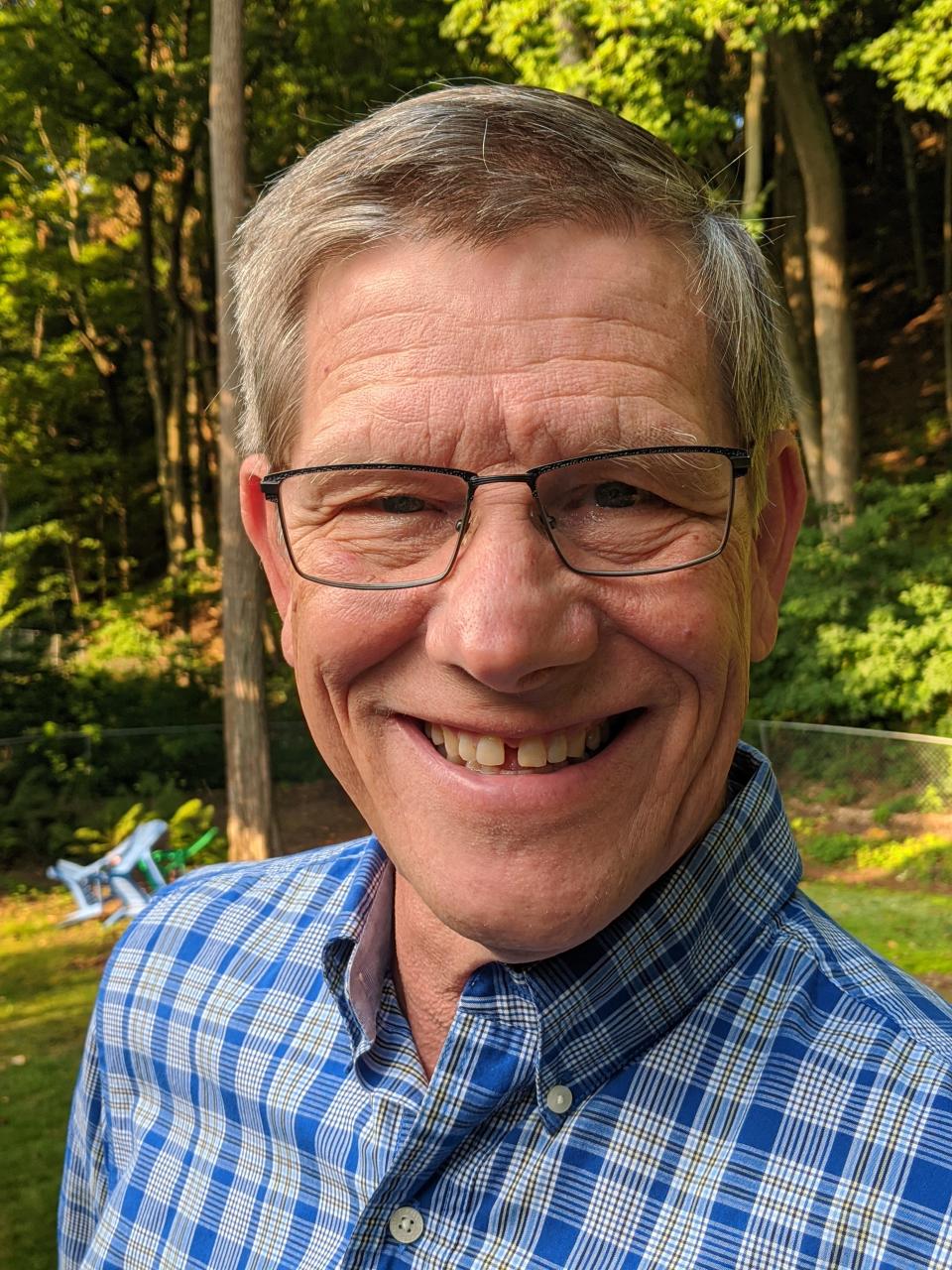Mark Smith: Are you Simply American or are you a complex American?
“Simplicity before understanding complexity is ignorance. Simplicity after understanding complexity is genius.” ~ James Clear
I have to admit it, there are those occasional days I wish life were simple and that I didn’t have to understand the complexities of being an adult. If I believed that there was only one way to live, love and participate in the community. If all my friends and family thought exactly the same way I do. If I didn’t have to grow as an individual. Life sure would be grand if I was Simply American.
The truth is, I love living in a complex world. One that I often don’t understand. One whereby interacting with those different than me helps me to grow. One where it is OK to learn and grow from my own history and our country’s history. One where I don’t have to like everyone, but until proven otherwise, I should work to trust and respect others. One where just because you are a minority, doesn’t mean you are less. Less intelligent, less attractive, less desirable. In fact, it is just the opposite, it is those who are different than me that bring insight, wisdom, and strength into my life.

Sexual orientation was one of those areas that appeared to be pretty simple — there were boys and there were girls. As most of us have now come to understand, it’s not that simple. We now know that somewhere between 7% and 14% of Americans identify as LBGTQ+ (Gallop & other researchers). A 2021 Gallop found that 21% of Generation Z adults identify as LGBTQ. Bottom line: At a minimum, 24 million Americans identify as non-heterosexual. One of the many lessons this community has taught me is strength. Strength to be more compassionate. Strength to be myself. Strength to speak up for those who are different.
The idea of religion has changed in my lifetime. Fewer and fewer Americans consider themselves Christians. As recently as the early 1990s, about 90% of U.S. adults identified as Christians. Today that number has declined to about 66%. Estimates are that by 2060 that number will drop to below 50%. While I understand the role Christianity has and does play in America, I also understand that now, more than ever, Christians don’t have a corner on the market on right versus wrong, good versus bad or morality versus immorality. In fact, in many cases, non-Christian Americans and organizations have proven themselves to better understand and practice right from wrong, good from evil and morality from immorality. These are the people and organizations that are leading the way for a more moral America.
Race demographics are also changing rapidly. In 1950, almost 90% of the population was white. In 2024, it is about 58% and estimates are that by 2045 the nation will become “minority white.” For many, this change is unsettling. To me, this is just another of the complexities of America that I accept and appreciate. It is my interaction with others that reminds me that we’re all the same no matter the pigmentation of our skin.
While I have gained more insight and clarity on complex issues such as religion, race and sexual orientation (and don’t claim to be an expert on these issues), it is the very complex issues I still struggle with such as immigration, science, the economy, the environment, etc. While I do my best to try to understand these extremely complex issues, in the end, I find that I defer to the experts. And by experts, I don’t mean the person who purchased a degree from some obscure college or someone who has never practiced in the field they claim to be an expert in. What helps convince me is someone who has spent years in their field. I am confident in someone who understands the complexity of their field of expertise and is able to simplify it for the rest of us.
We now live in a world where it seems everyone is an expert and can do another’s job, with no training, no education and worse yet — no experience. We witnessed this at a national level in 2016 and at a local level in 2022. Simple answers with no expertise.
As we continue to strive for a “more perfect union,” we need to look to those who are able and willing to study and understand the complexity of an issue. We are experiencing how being “Simply American” has proven to be an expensive and divisive failure.
— Mark Smith resides in Grand Haven.
This article originally appeared on The Holland Sentinel: Mark Smith: Are you Simply American or are you a complex American?

